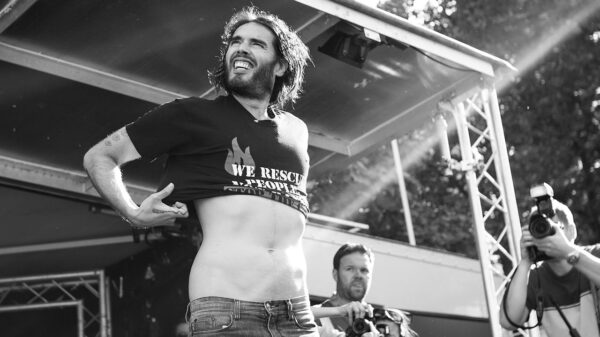Roar writer Maisie Allen on the recent Durham sexual assault scandal and the issue of sexual violence and its prevention in universities across the UK.
Sexual violence on university campuses has once again entered the news sphere after chats from a Durham University fresher group were leaked online. The group chat, named “Durham Boys Making All the Noise”, contained misogynistic, classist, racist, and homophobic content and included a competition for those involved to sleep with the poorest girl on campus. Threats of using so-called “date rape” drugs were also widely mentioned, leaving many students at Durham feeling scared and vulnerable.Â
However, whilst many people across the UK have taken to social media to express their surprise and disgust at these chats, these messages are just proof that rape culture is alive and well in the university bubble – just as it is in every other aspect of society. Recently, The Tab released results of a survey they carried out earlier in the year, revealing that almost a third of King’s students reported experiencing unwanted sexual attention in SU venues. The mass normalisation of this is so entrenched that, in research carried out by Revolt Sexual Assault and the Student Room, 62% of students and recent graduates reported experiencing sexual violence at UK universities.
What’s even more disturbing is that very few UK universities offer dedicated support services for sexual violence survivors, let alone a reporting mechanism to offer anonymity to those affected. Sexual violence on campus, most commonly occurring in halls of residences and at social events, seems to have been accepted as just a way of life for students, especially for women, who are more likely to experience sexual assault and harassment. This follows the all-too-familiar rhetoric of victim-blaming in which survivors are deemed responsible for their assault, suggesting that those who experience this are somehow “asking for it”; whether it’s because they’ve had a few drinks or are wearing so-called provocative clothing.Â
Additionally, many of the reporting mechanisms currently in place are archaic and have institutionalised systemic forms of oppression, meaning that many students don’t feel like they would be taken seriously and are often made to feel ashamed. In the aforementioned Tab survey, 88% of students said they were unaware of how to report incidents of sexual assault and harassment to King’s administration. The lack of visibility in itself is telling of how little attention and commitment the university community really affords to tackling sexual violence on campus. The lack of visibility of King’s online sexual violence reporting tools could also suggest that it isn’t actually effective at supporting students or investigating complaints, and therefore doesn’t seem worth marketing to students.
After screenshots from the Durham University group chats circulated on the internet, the university condemned the comments made and have stated that they are committed to investigating those involved. Despite this, there has been no mention of any other measures being put in place to prevent and deal with sexual violence on their campus.Â
An example which many students hope their respective universities will follow in light of recent events is that of St Andrews, whose Got Consent workshops will be a compulsory part of all students’ online matriculation this year after the university was plagued by allegations of sexual violence earlier this year. Organisations like Not On My Campus UK have also been at the forefront of championing reform in sexual violence support services and challenging campus rape culture, but their outreach and impact is limited if universities keep ignoring their work and only convey superficial solidarity to their student survivors.
Another positive development in the support sphere recently is the collaboration between Scottish universities and the charity EmilyTest on a new Gender-Based Violence charter. They aim to expand the charter to include universities and further education colleges in the rest of the UK. Â
It is worth noting though that while workshops are great for educating students about sexual violence and empowering them to be active bystanders, they’re cannot be the sole solution for managing the entrenched rape culture within campuses. If universities want to take sexual violence seriously and support their students over their own reputations, more concrete action is needed. They must start by investigating their own policies regarding sexual violence and how well they’re put into practice. Competent measures should also be made compulsory for all universities; with sexual violence happening on every single campus in the UK, collaborative and cohesive policies are desperately needed.Â
It isn’t enough to express rage and sympathy to those dealing with incidents of sexual violence or to post on social media during Sexual Assault Awareness Month. Universities need real systemic change if they want to help survivors and prevent instances of sexual assault from happening to anyone else.Â


















